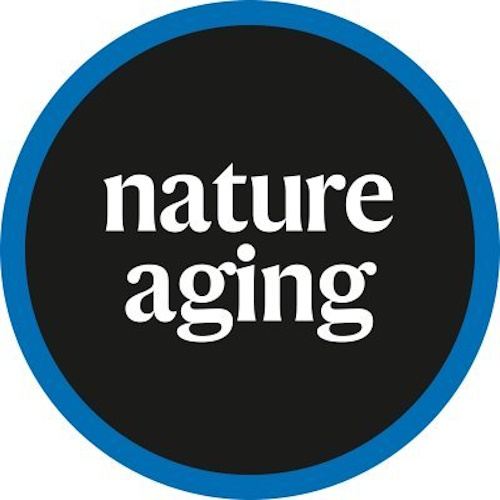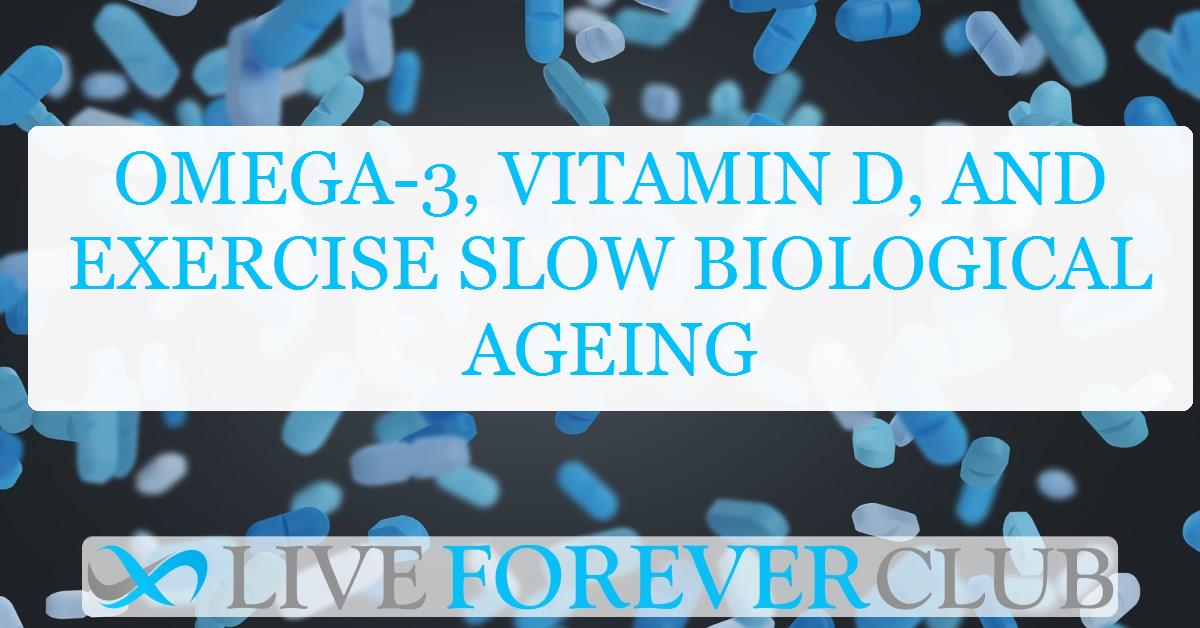Ageing affects every person differently, but research suggests lifestyle choices may influence the process. The DO-HEALTH trial investigated whether vitamin D, omega-3 fatty acids, and exercise could slow biological ageing in older adults. This study used DNA methylation clocks, which provide a precise measurement of biological versus chronological age. The results showed that omega-3 had the most significant effect, while vitamin D and exercise contributed to an overall benefit when combined.
Understanding DNA Methylation Clocks
DNA methylation clocks track molecular changes linked to ageing. Unlike chronological age, which counts the number of years a person has lived, biological age reflects cellular and tissue health. Scientists have developed different generations of these clocks, with the second- and third-generation models being the most reliable for predicting ageing-related risks.
The DO-HEALTH study examined four key DNA methylation measures: PhenoAge, GrimAge, GrimAge2, and DunedinPACE. Each of these measures ageing differently. PhenoAge and GrimAge estimate biological age by evaluating DNA changes linked to disease risk and mortality. GrimAge2 refines this approach, while DunedinPACE assesses the speed at which a person is ageing.
By studying changes in these markers over three years, researchers determined how vitamin D, omega-3, and exercise influenced biological ageing at the molecular level.
Omega-3’s Role in Slowing Ageing
The most consistent finding from the study was the positive impact of omega-3 supplementation. Participants who took 1 gram of omega-3 daily experienced a significant slowing of ageing in PhenoAge, GrimAge2, and DunedinPACE. These reductions equated to a measurable decrease in the pace of biological decline.
Omega-3 fatty acids are well-known for their anti-inflammatory and cardiovascular benefits. Previous research has linked omega-3 to improved cognitive function and reduced risk of chronic disease. This study provides further evidence by demonstrating that omega-3 influences epigenetic markers associated with ageing.
Notably, the effects were most pronounced in individuals with lower baseline levels of omega-3. This suggests that those who consume less omega-3 through their diet may benefit the most from supplementation.
Vitamin D and Exercise: Individual and Combined Benefits
Unlike omega-3, vitamin D supplementation alone did not significantly impact DNA methylation clocks. Participants who took 2,000 IU of vitamin D daily showed no major change in biological age markers over three years. However, when combined with omega-3, vitamin D contributed to an additive benefit, particularly in slowing PhenoAge.
Exercise, specifically a home-based strength training program performed three times per week, also showed limited individual effects. While physical activity has well-documented benefits for muscle strength, cardiovascular health, and cognitive function, its impact on DNA methylation was less pronounced in this study. However, as with vitamin D, exercise appeared to enhance the effects of omega-3 when used together.
The Additive Effects of Combining Treatments
A key finding from the study was that combining all three interventions—omega-3, vitamin D, and exercise—led to a greater reduction in biological ageing than any single treatment alone. This additive effect was most evident in PhenoAge, suggesting that a multi-faceted approach to ageing may be more effective than relying on one strategy.
For example, participants who took omega-3, supplemented with vitamin D, and engaged in regular exercise saw a more pronounced slowing of ageing markers over three years. This supports the idea that lifestyle factors work together in maintaining long-term health.
Why These Findings Matter for Healthy Ageing
While the overall effects observed in the study were small, even a modest slowing of biological ageing could have long-term benefits. Slower biological ageing may reduce the risk of age-related diseases, improve overall well-being, and extend healthspan—the number of years a person remains healthy and active.
These findings align with previous studies showing that diet, physical activity, and nutritional supplementation can positively impact health. They also reinforce the importance of taking a holistic approach to ageing. Instead of focusing on a single intervention, individuals may benefit more from combining healthy dietary habits, regular exercise, and adequate vitamin intake.
Future Directions in Ageing Research
More research is needed to understand the long-term effects of these interventions. The DO-HEALTH trial lasted three years, but it remains unclear whether the observed changes will translate into longer life expectancy or reduced disease risk. Future studies may examine how different doses of omega-3, vitamin D, and variations in exercise routines influence ageing over longer periods.
Additionally, researchers may explore whether other dietary or lifestyle factors contribute to biological ageing. For example, emerging evidence suggests that sleep quality, stress management, and gut health also play roles in how the body ages at a molecular level.
Practical Takeaways for Those Seeking to Slow Ageing
For individuals looking to support healthy ageing, the results of this study offer valuable insights. Omega-3 supplementation appears to have the strongest impact, particularly for those who do not get enough from their diet. Including vitamin D and regular exercise may further enhance the benefits.
Rather than seeking a single solution for ageing, adopting a well-rounded approach that includes nutrition, movement, and supplementation may provide the best results. While no intervention can completely halt ageing, making informed lifestyle choices may help slow its effects and improve long-term health.
The study is published in the journal Nature Aging. It was led by Heike A. Bischoff-Ferrari and other researchers from University of Zurich.








